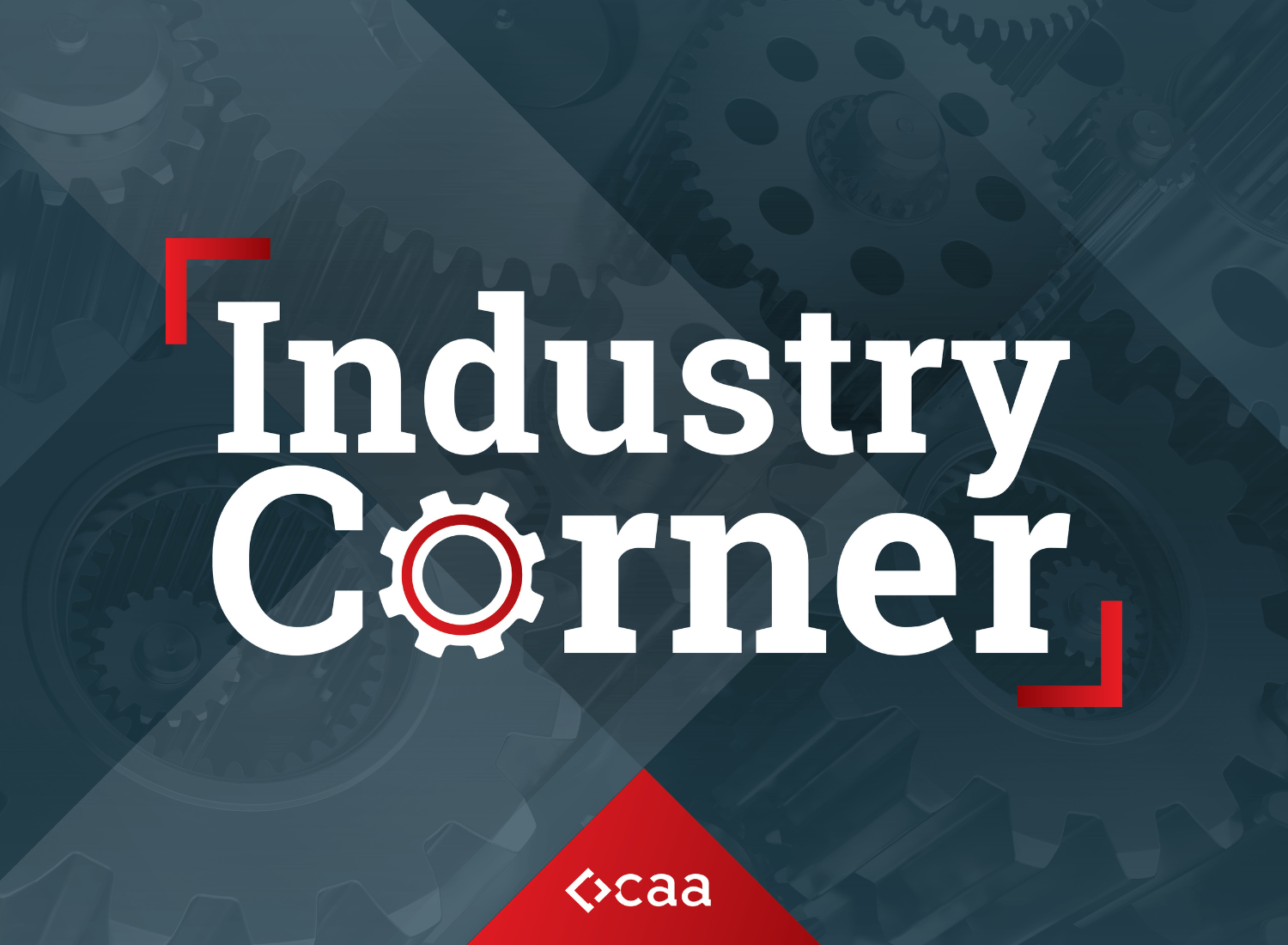Spotlight On: Steven Meckler, Partner & Litigation and Disputes Regional Service Line Leader, Shumaker, Loop & Kendrick LLP

November 2024 — In an interview with Invest:, Steve Meckler, partner at Shumaker, Loop & Kendrick LLP, discussed the recent highlights for the firm. He also talked about why the firm encourages pro bono work and community service while adding that clients are becoming more cautious with spending due to inflationary pressures and interest rate fluctuations.
What have been some major highlights for the firm over the past 12 to 18 months?
We have had an incredible year so far. This may be the best year for the firm in the 20 years I have been here. Our growth in Charlotte has been great, particularly in our Intellectual Property (IP) group. We are seeing a tremendous amount of intellectual property work and a significant number of acquisitions, mostly in closely held corporations run by baby boomers. These individuals are deciding it is time to move on and cash out of their life’s work, as a result, we have been flooded with M&A work.
The firm as a whole just adopted a new governing strategy. We are moving to a full-time firm Managing Partner, with Jennifer Compton out of Sarasota taking on the role. She will be our first full-time managing partner and also the first female in this position, which is exciting. Jennifer is exceptional and will lead us to great places over the next few years. My fields, Litigation and Administrative Law, are still going strong. We are busier than we have ever been. When the economy struggles, we tend to see an uptick. Surprisingly, our corporate folks have not slowed down, even with the economy softening a bit. The transition of businesses from one generation to the next is in full swing and looks to continue for the foreseeable future.
How has the economic environment, with inflationary pressures and interest rate fluctuations, impacted your clients’ strategies and priorities, if at all?
It has definitely had an impact. We saw a lot of layoffs at the end of 2023 and a slowdown in commercial real estate work. I think people are holding onto their money right now. The housing market has slowed down considerably in Charlotte, and companies are being more cautious with their spending. I have not seen any panic, but there is definitely a sense of waiting to see how the election cycle plays out and where the economy lands in 2025. You cannot ignore the inflationary pressures businesses in the region are facing. Even in our firm, everything has become more expensive — even pens are 10% to 20% more expensive as compared to 2023. Salaries have gone up because people need to be able to afford basic necessities, and grocery prices have skyrocketed. It affects everyone at every level, and companies are feeling it.
How do you incorporate the responsibilities of pro bono work or engaging with the community you serve?
Community involvement is very important to us. We encourage it and support any attorney or employee who wants to get involved in pro bono work. We have a firm-wide initiative, Make a Difference Through Literacy, in which we try to get everyone involved in community activities. This could be anything from donating books to reading to children. Our initial goal was to impact 500,000 people, and we are now at a million, so we keep raising the bar. For instance, a patent assistant in our firm raised funds for Classroom Central, an organization in Charlotte that donates classroom goods to teachers. It is shocking to see how much teachers have to provide out of their own pockets, so it is heartwarming to see our team get involved in such causes.
How is the rise of technology and digital transformation influencing your strategies as a law firm?
It is a challenge because we are in a technological transition period, particularly with AI. We have just instituted an AI committee to explore how we can use AI to help our clients, either in improving quality, reduction of costs, efficiencies, or both. Our goal is always to lead in service and quality for our clients and that includes embracing and managing technological changes. We are going through that process now, and I think we are going to see a tremendous change in the law firm industry over the next 10 years. You have to be careful because AI is not quite where we need it to be yet, but it is helpful. For example, some of the case research software we use has become much more efficient in how it searches for issues. The courts are aware of this, and most of them are issuing orders about how AI can and cannot be used. Right now, we do not allow our associates to use ChatGPT or similar tools because it is not yet where it needs to be. Ultimately, we need to ensure that the product we put out is of extremely high quality. Over the coming years as AI improves I do think it will have a significant place in the practice of law.
In another sense, you could say we are at the start of a new Industrial Revolution with artificial intelligence, as it will have a huge impact on society. Consider this: as AI potentially replaces jobs, particularly factory and assembly line roles, those affected individuals will require alternative employment opportunities. Retraining is going to be important, and workforce development will be a huge issue over the next few decades. The regional leaders in the Carolinas are really focused on this issue and ensuring we have the properly educated workforce for the next generation of jobs. This is going to be a tremendous asset to the economy here.
What are some factors fundamental to the region that you see as crucial to supporting a firm like yours or other businesses in their growth and success?
One of the best things we have to offer any company moving here is an educated workforce. North Carolina has a wonderful university system and a strong community college system, and that extends into York County and surrounding communities. You can see that with the growth of their community colleges. The University systems in North and South Carolina have seen tremendous growth. We really have top-notch education, and without that, a company cannot do anything. We have seen companies move to areas without a strong workforce, and they do not stay long because that is not something you can overcome. York County has a nice benefit as it has available land, whereas Mecklenburg County is running out of space. Having a regional approach is important because people will commute from Mecklenburg County to York County for work, as that is where some businesses will need to be located. I have been very impressed with the economic development boards from the different counties as they are very aware of what each other is doing and have to offer businesses that are looking to move into this region. They are still trying to bring work to their own counties, but they understand the regional aspect, which is crucial.
Infrastructure is a priority issue as well. In York County, one of the things the authorities consider is the electrical grid. That is, can the infrastructure be up and running quickly enough for a new business? Will the company want a fleet of all-electric vehicles? Can the infrastructure support that? It is a complicated process that companies go through — they do not just look at location. It is now more about people, infrastructure, and the energy grid as a mix. In fact, the growth here has been so rapid that sometimes there is a lag in infrastructure, and it all comes with a cost. None of it is free. That being said the regional planners are highly focused on long term needs, which is helping push the infrastructure growth at a more rapid pace.
What strategies should state and local governments implement to ensure that businesses can thrive while residents can afford to live in North Carolina?
The state government has been pretty good overall, but there is a need for deregulation. There are many businesses in North Carolina that are overregulated. I do not believe this is due to any ill intent by administrative agencies. Rather, it seems to be a matter of time. You pass one law one year, and then another law or regulation the next, and they start to build up to the point where they become an impediment to growth. I would like to see state and local governments work on that. Taxation is also going to become an issue as property values rise. Property taxes are going up, and that is going to be a challenge. Affordable housing is another critical issue in the area. Teachers are a good example, as we do not pay them very much, yet we expect a lot from them. However, they cannot really afford to live here, and I do not know how we can fix that dichotomy. Affordable housing has to mean more than just housing for those that can’t work, we need to be able to offer housing ownership to those that do, but are currently priced out of the market. The region cannot function without good teachers, first responders, etc.
For more information, please visit:













